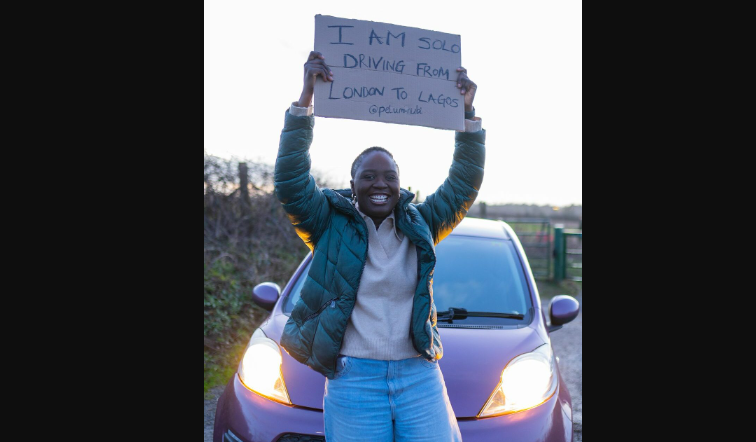The World Health Organisation (WHO) says older women and those with disabilities face a “particular risk of abuse that is largely hidden” in most global and national violence-related data.
In a statement on Wednesday, the organisation said the information is based on two newly released publications.
The global health body said it is “calling for better research across countries that will help to ensure these women are counted, and that their specific needs are understood and addressed”.
“Where there is evidence on Gender-Based Violence among these groups, data shows high prevalence,” the statement reads.
Advertisement
The WHO also said one systematic review found greater risks of intimate partner violence for women with disabilities, compared with those without, while another review found higher rates of sexual violence.
Lynnmarie Sardinha, WHO technical officer, said “older women and women with disabilities are under-represented in much of the available research on violence against women”.
“The under-representation undermines the ability of programmes to meet their particular needs,” she added.
Advertisement
“Understanding how diverse women and girls are differently affected, and how they access services, is critical to ending violence in all its forms.”
She said intimate partner and sexual violence are the most common forms of gender-based violence (GBV) globally and affect around one in three women.
Sardinha noted that older women and women with disabilities are still subjected to GBV and also face specific risks and additional forms of abuse, “sometimes in the hands of caregivers or healthcare professionals”.
“These include coercive and controlling behaviours such as withholding of medicines, assistive devices or other aspects of care, and financial abuse,” she said.
Advertisement
The technical officer added that among women aged 60 years and older, a review conducted by WHO found that physical or sexual intimate partner violence remained the most frequently experienced form of abuse.
She said, “as partners aged, some women reported a shift from predominantly physical and/or sexual violence to psychological violence, including threats of abandonment and other controlling behaviours”.
“Older women and women with disabilities can be extremely isolated when violence occurs, making it difficult for them to escape and report the abuse,” Sardinha added.
“Stigma and discrimination can further reduce access to services or information, or result in their accounts of violence being dismissed by responders.”
Advertisement
Add a comment






